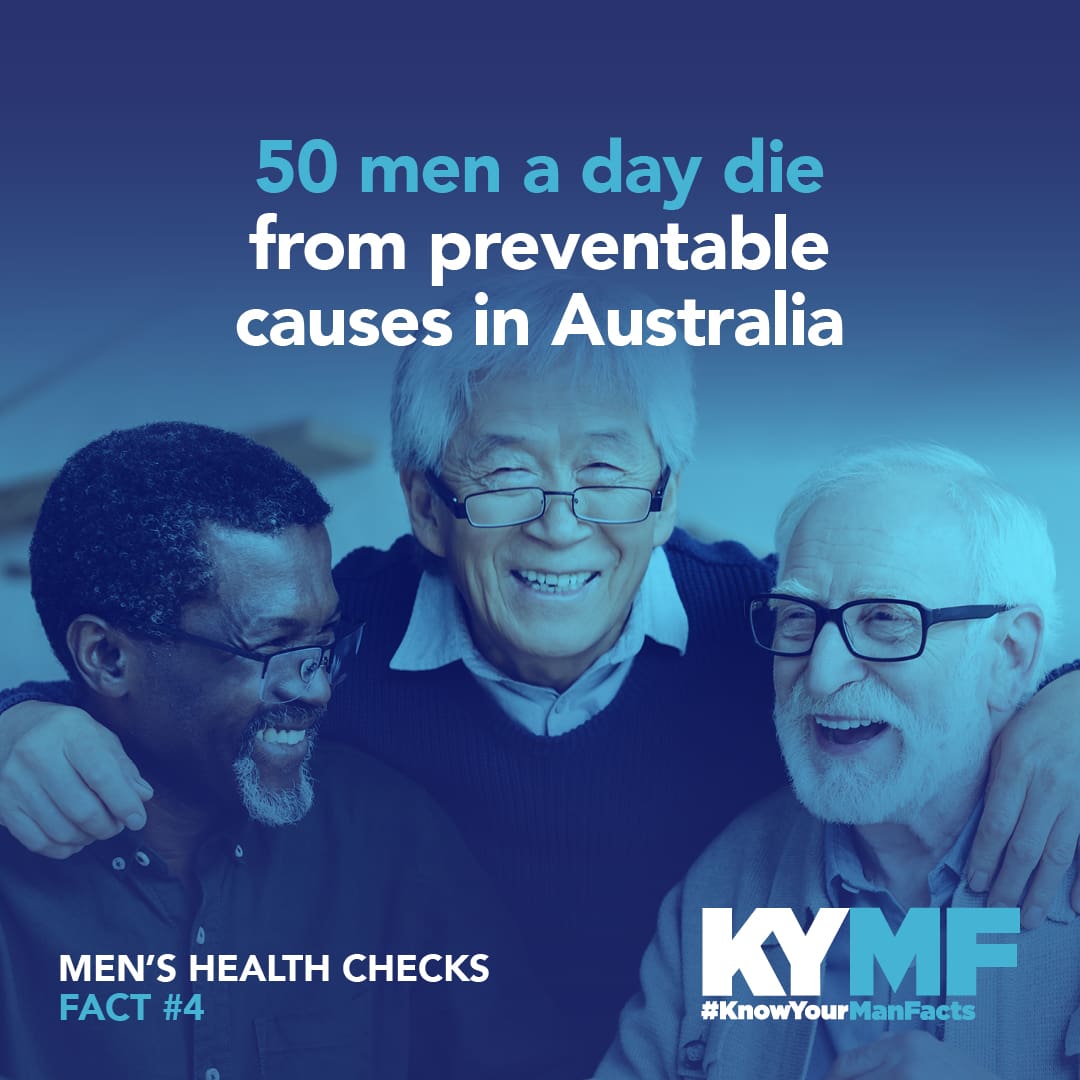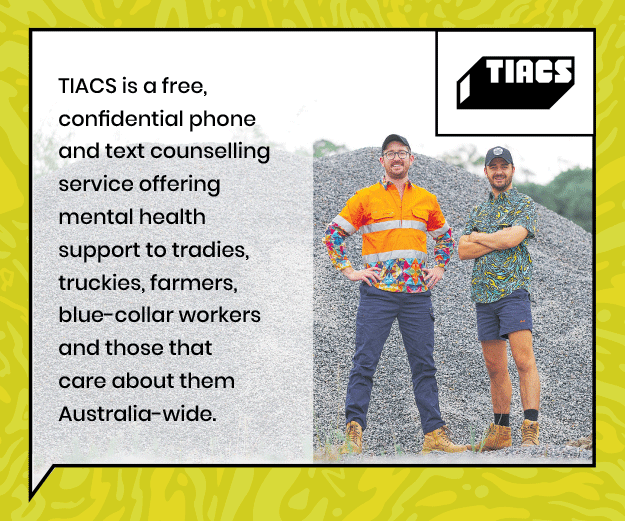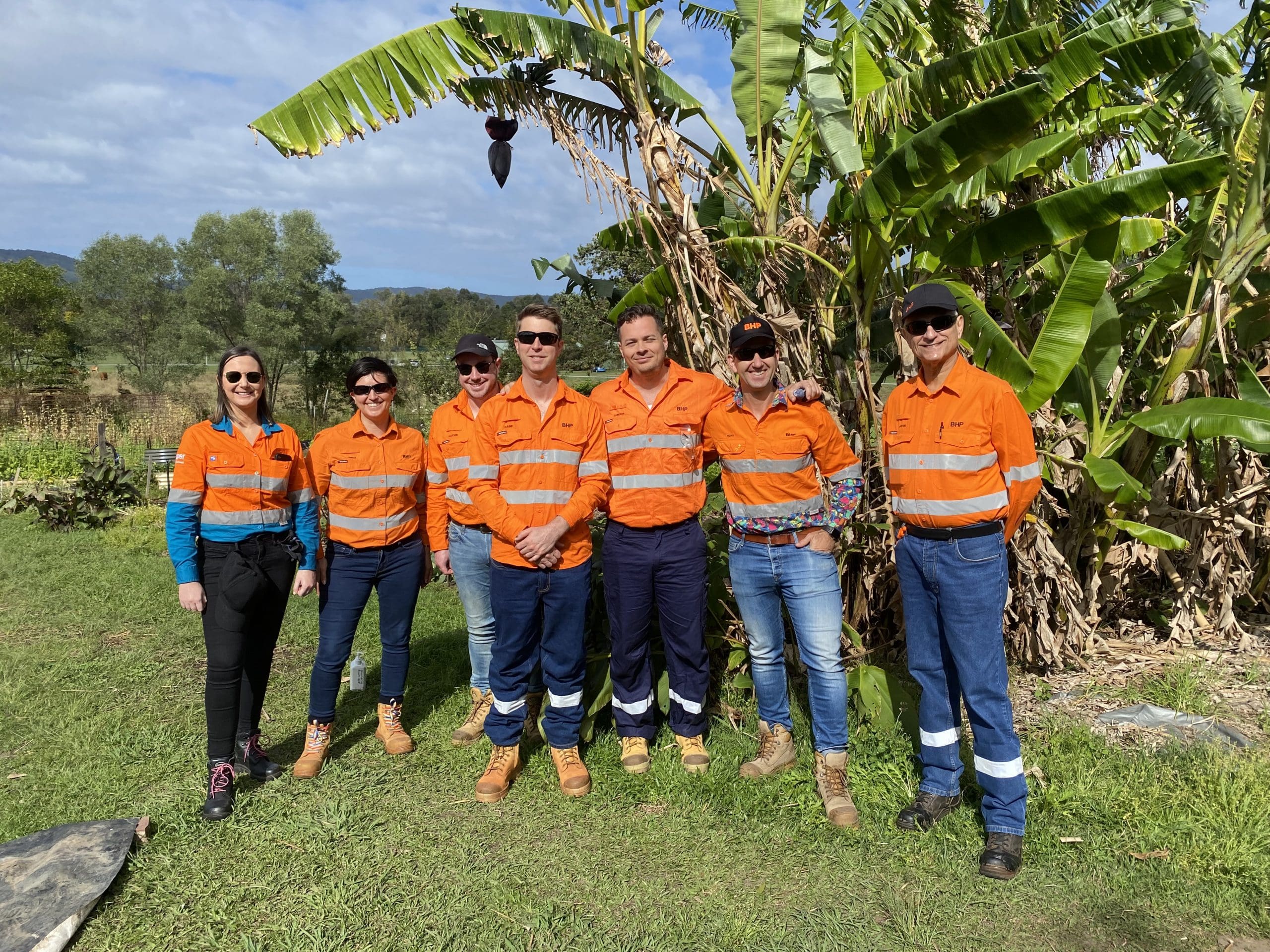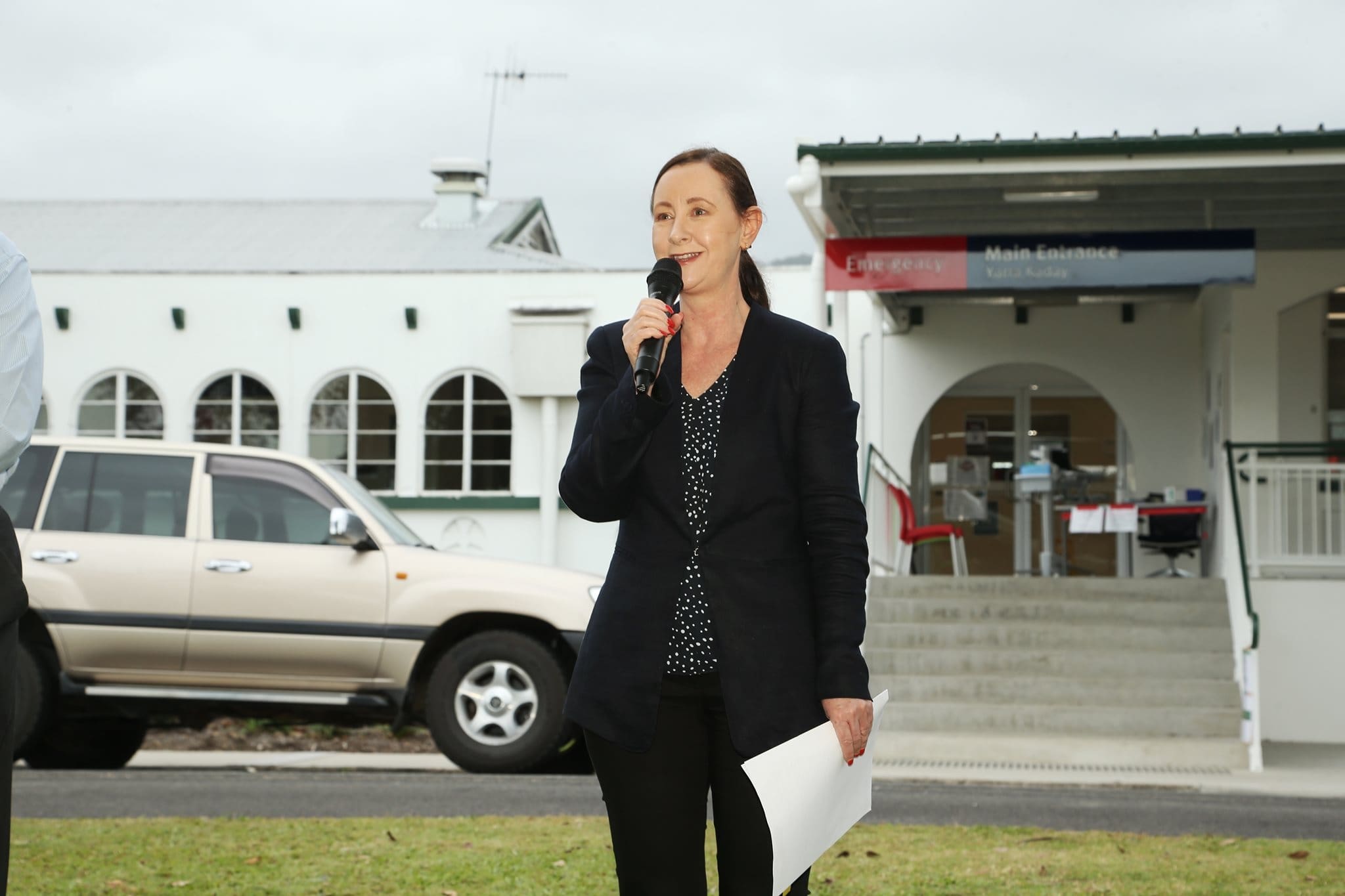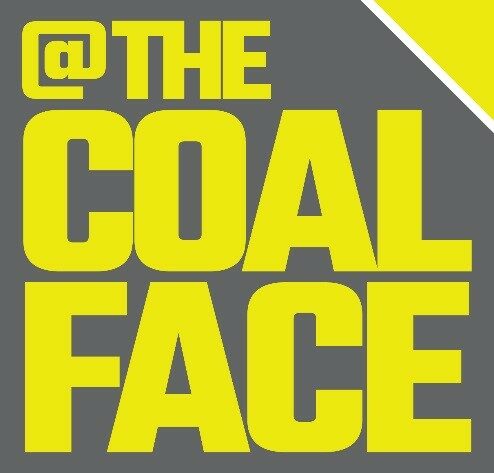Men’s Health Week is from the 10th to 16th June. It’s an important time to highlight men’s health and promote and support the health and wellbeing of men and boys in our communities.
Men’s Health Week highlights the health challenges faced by men and aims to increase awareness of preventable health problems in men of all ages. It focuses on not just physical health, but also men’s mental health and emotional wellbeing. Each year men are encouraged to be pro-active with their own health and wellbeing and are reminded to engage in healthier lifestyle choices.
So, why all this focus on men’s health?
A boy born in Australia today has a life expectancy of 81.2 years while a baby girl could expect to live to 85.3 years. In addition to living less years than a woman, the last decade of a man’s life will be in poor health.
Right from the start, boys suffer more illness, more accidents and die earlier than their female counterparts. Accidents, cancer and heart disease all account for the majority of male deaths and men take their own lives at three times the rate of women. Australian men are more likely to be overweight and experience higher rates of a range of chronic diseases in comparison to women.
The good news is around 40 per cent of poor health and premature death among Australian men can be prevented by healthier habits.
Healthy Male and Western Sydney University’s Centre for Male Health have joined forces to launch the Good Health Heroes campaign to educate Australian men on the health issues most likely to affect them and encourage prevention through sustainable lifestyle changes.
Using data from the Ten to Men’s longitudinal study on male health, it’s underpinned by research that highlights the conditions that men experience the highest burden of disease, which includes diabetes, various cancers, stroke, heart disease, injury, mental health disorders and reproductive and sexual disorders.
The campaign focuses on six key foundations of good health in men – nutrition, exercise, connection, reducing risk-taking, health literacy and sleep – and champions self-manageable, achievable and sustainable habits to improve their outcomes in each one.
Research shows that one of the biggest impacts men can have on their health is getting a good night’s sleep. Men who sleep 7-8 hours a night have about a 60% less risk of a fatal heart attack than those who sleep less than 5.
Nutrition needs differ with gender and age. As a man, your diet will need to meet your unique physical needs, fit with your lifestyle and reduce your risk of disease. Get to know your specific nutrition needs and design an eating pattern to suit you.
Exercise also plays a vital role in keeping blokes healthier, happier and alive for longer. Despite the benefits, less than half of men aged 18–64 are sufficiently active and 7 in 10 Australian males are overweight or obese. Set realistic goals, choose exercises you enjoy and remember any movement is better than none.
Also critical for good physical and mental health is social connection. Men with low levels of social support are three times more likely to experience high levels of psychological distress than men with strong social supports. It can be difficult for men to maintain social connections so find new ways to connect with people, whether through volunteering, social gatherings, or joining a club or community group.
Understand the biggest risks to your health, such as smoking and drinking, and do your best to limit them. Risk-taking behaviour is when you do things that will have an outcome that you can’t predict, and men are more likely than women to do it. Just because a behaviour is common or cool doesn’t make it okay for your health.
Most importantly, always speak up. One survey found that almost half of men feel discouraged from talking about changes to their health in case they were perceived as ‘making a fuss’. Early diagnoses and intervention of men’s health issues are crucial. It’s ok to seek help – don’t try to do everything on your own or bury problems. Talk to your partner, friends, GP, workmates, or reach out to a support service.
| To get started on your good health journey go to: https://goodhealthheroes.org.au/ |

